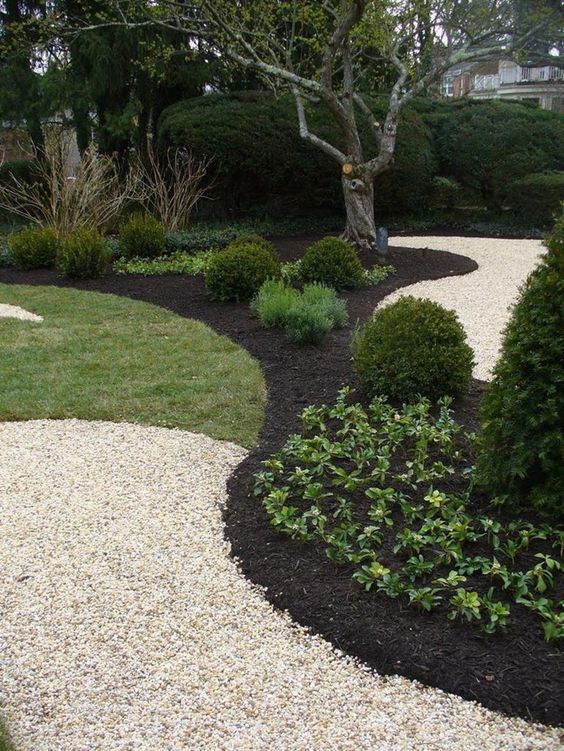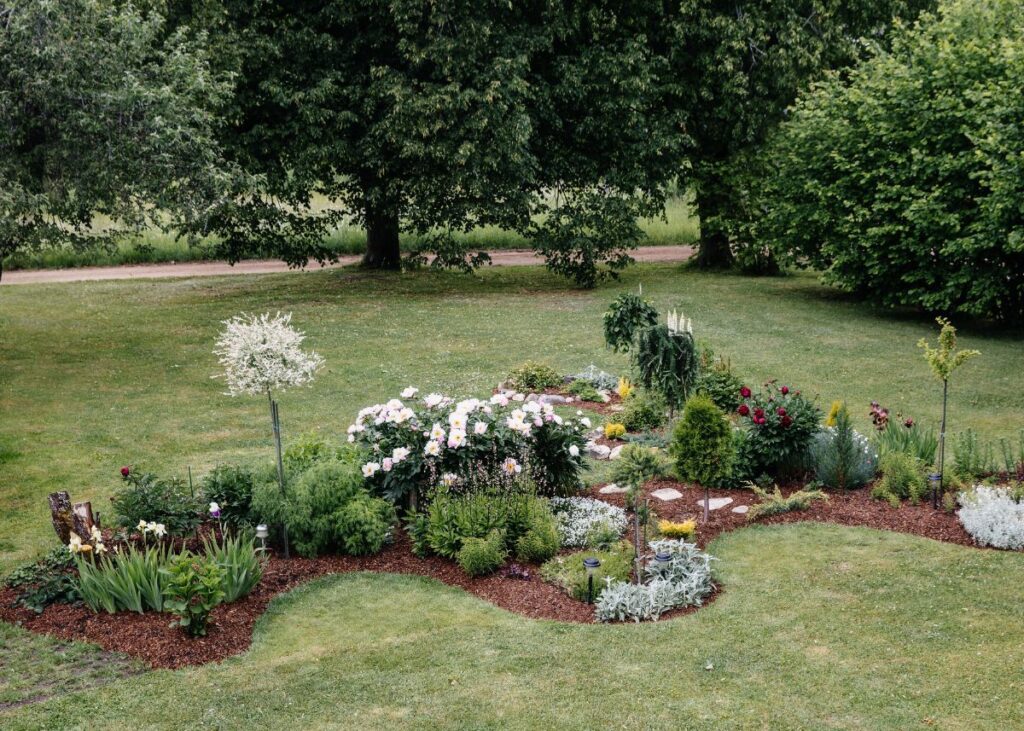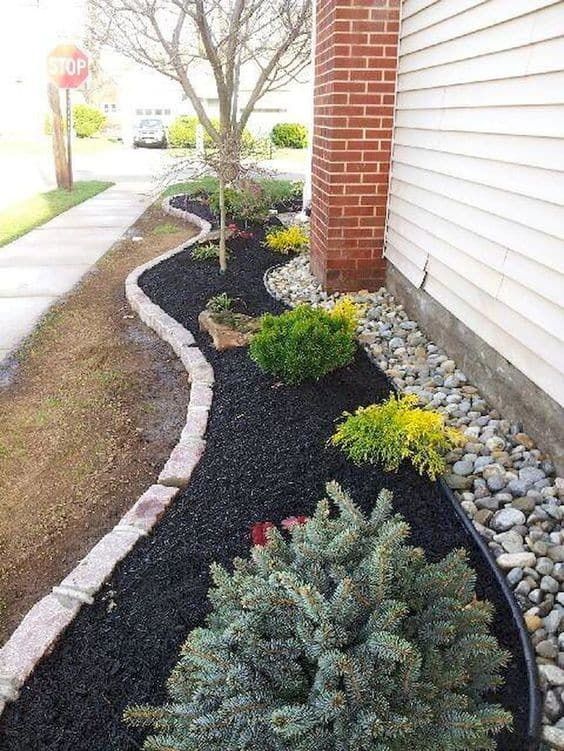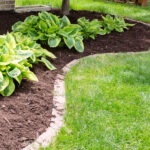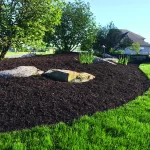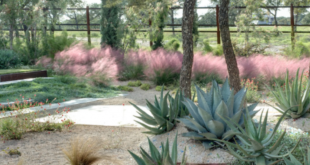Landscaping mulch is an essential element in maintaining a healthy and vibrant outdoor space. Mulch is a protective covering placed over the soil to retain moisture, suppress weeds, and regulate soil temperature. It can also enhance the visual appeal of gardens and landscapes with its variety of colors and textures. In addition to its aesthetic benefits, mulch plays a crucial role in promoting plant growth and overall soil health.
One of the primary functions of landscaping mulch is to prevent moisture loss from the soil. By acting as a barrier between the soil and the sun, mulch helps to reduce evaporation and retain moisture. This is especially important during hot and dry periods when plants are at risk of drying out. Mulch also helps to regulate soil temperature by providing insulation, keeping the soil cooler in the summer and warmer in the winter.
In addition to conserving moisture and regulating temperature, landscaping mulch helps to suppress weeds by blocking out sunlight and preventing weed seeds from germinating. This can significantly reduce the amount of time and effort spent on weeding, allowing for a more low-maintenance garden. Mulch can also serve as a physical barrier to pests and diseases, protecting plants from potential threats that may be present in the soil.
There are various types of mulch available, each with its own unique characteristics and benefits. Organic mulches, such as bark chips, straw, and compost, break down over time, adding nutrients to the soil and improving its fertility. Inorganic mulches, such as gravel, rocks, and rubber mulch, are longer-lasting and require less maintenance but do not contribute to soil health in the same way as organic mulches.
When applying landscaping mulch, it is important to spread it evenly and maintain a consistent layer thickness of 2-4 inches. Mulch should be kept away from the base of plants to prevent moisture-related issues, such as root rot. It is also essential to regularly replenish mulch as it decomposes over time, usually every 1-2 years, to maintain its effectiveness.
Overall, landscaping mulch is a versatile and essential component of any garden or landscape. From conserving moisture and regulating temperature to suppressing weeds and enhancing visual appeal, mulch plays a crucial role in promoting plant growth and maintaining soil health. By choosing the right type of mulch and applying it correctly, gardeners can create a beautiful and thriving outdoor environment for their plants to thrive.
 yishifashion Where Outdoor Dreams Become Reality
yishifashion Where Outdoor Dreams Become Reality
